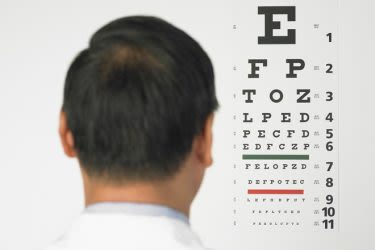Comprehensive eye check up by the best eye specialist in Pune
HOME / Comprehensive eye check up
Comprehensive eye check up
Refractive Error
Glaucoma Treatment
Squint Evaluation & Treatment
Cataract Surgery
Diabetic Retinopathy

What is Comprehensive eye check up ?
A comprehensive eye check-up is a thorough evaluation of your vision and overall eye health. It involves a series of tests to assess how well you can see, identify any vision problems (like nearsightedness, farsightedness, or astigmatism), and detect potential eye diseases or general health issues that can affect the eyes, such as diabetes or hypertension. Consulting the best eye specialist in Pune ensures that these evaluations are done with precision and care, providing you with the most accurate diagnosis and effective treatment options.
Key Components of a Comprehensive Eye Check-up:
-
Patient History: The doctor will ask about your medical history, current eye issues, medications, and family history of eye conditions.
-
Visual Acuity Test: This test checks the sharpness of your vision using an eye chart (like the Snellen chart) to determine if you need glasses or contact lenses.
-
Refraction Test: Helps determine your exact prescription for glasses or contact lenses by showing different lens options.
-
Eye Muscle Test: Evaluates how well your eyes move and coordinate with each other.
-
Pupil Dilation and Reaction: Assesses how your pupils respond to light, which can indicate nerve or brain issues.
-
Slit-Lamp Examination: A detailed exam of the eye’s structures (cornea, lens, retina) to check for issues like cataracts, corneal injuries, or macular degeneration.
-
Glaucoma Test (Tonometry): Measures the pressure inside your eye to detect glaucoma, a disease that can cause blindness if untreated.
-
Retinal Examination: After dilating your pupils with eye drops, the doctor examines the retina, optic nerve, and blood vessels for signs of diseases like diabetic retinopathy or retinal detachment.
-
Visual Field Test: Evaluates your peripheral (side) vision to identify blind spots or vision loss, often used to detect glaucoma.
-
Color Vision and Depth Perception: Tests for color blindness and how well you can judge distances.

